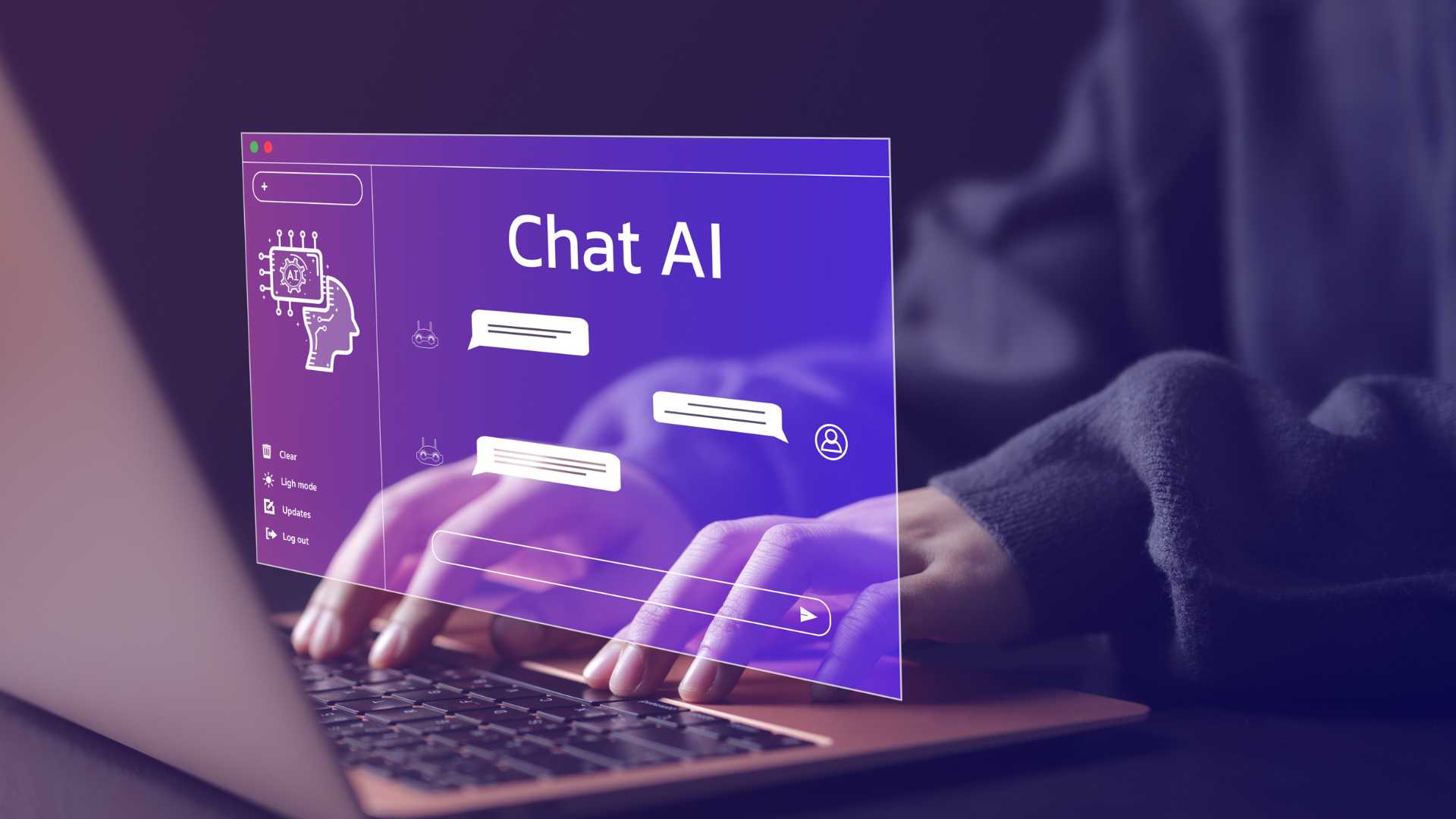AI and its Significant Impact on SMEs
by Sean Foster | January 15, 2025 | Strategy, AI

Date: Wednesday 15 January 2025, that’s odd. Well you know, starting with the date, but I have stuck with it to draw your attention to the fact that this article is already way out of date. It will be interesting to learn to what extent, the material I cover here comes to pass, and as of this date, to what extent you had adopted AI in your business.
As sure as I am of the weather in the next 30 minutes, so am I as sure that AI is poised to significantly impact business (everything really). A revolution has started and the Genie cannot be put back into the bottle.
Let's use a small plumbing business as an example to illustrate the broader implications for SMEs in general. The following are just some of the more obvious impacts, in reality, AI is likely to affect every process within a business.
Near-term Impact (1-2 years)

1. Smart Scheduling and Dispatch
- AI algorithms optimize job assignments based on skills, location, and traffic patterns
- Reduces travel time by up to 20% and increases jobs completed per day
- Applicable to any service-based SME, from IT support to home cleaning services
2. AI-Powered Customer Service
- Chatbots handle initial customer inquiries 24/7, qualifying leads and scheduling appointments
- Reduces phone call volume by 30-40%, freeing up staff for more complex tasks
- Beneficial for all SMEs dealing with customer inquiries, from retail to consulting firms
3. Predictive Maintenance
- AI analyzes data from smart systems to predict potential issues before they occur
- Enables proactive service calls, reducing emergency repairs by up to 25%
- Valuable for SMEs in manufacturing, property management, and equipment rental
4. Enhanced Diagnostics
- AI-assisted tools analyze imagery and sensor data to pinpoint issues more accurately
- Improves first-time fix rates by 15-20%, reducing follow-up visits
- Applicable to various industries, from automotive repair to medical diagnostics
Medium-term Impact (3-5 years)

1. Automated Inventory Management
- AI predicts parts and supply needs based on job history and upcoming appointments
- Reduces inventory costs by 10-15% while ensuring necessary materials are on hand
- Crucial for SMEs in retail, manufacturing, and service industries
2. AR-Assisted Work
- Augmented reality headsets provide real-time guidance and information
- Improves job completion times by 20-30% and reduces errors
- Beneficial for SMEs in fields like construction, manufacturing, and technical support
3. AI-Driven Marketing and Lead Generation
- AI analyzes customer data to create targeted marketing campaigns and identify potential leads
- Increases conversion rates by 10-15% and improves customer retention
- Essential for all SMEs looking to grow their customer base and improve marketing ROI
4. Voice-Activated Reporting
- AI transcribes voice notes into detailed job reports and updates customer records
- Saves employees 30-45 minutes per day on paperwork
- Useful for SMEs in consulting, field services, and healthcare
Long-term Impact (5-10 years)

1. Autonomous Service Vehicles
- Self-driving vehicles optimize routes and can be dispatched autonomously
- Reduces transportation costs by 20-30% and improves response times
- Applicable to SMEs in delivery, logistics, and mobile services
2. AI-Powered Robotic Assistants
- Robots perform routine tasks like inspections or basic maintenance
- Increases job efficiency by 25-35% and improves safety for workers
- Relevant for SMEs in manufacturing, warehousing, and various service industries
3. Predictive Customer Needs
- AI analyzes patterns in customer data to anticipate service needs before customers call
- Increases proactive service calls by 30-40%, boosting customer satisfaction and loyalty
- Valuable for SMEs in subscription-based services, retail, and B2B industries
4. Virtual Reality Training
- AI-driven VR simulations provide realistic training scenarios for new employees
- Reduces training time by 40-50% and improves skill retention
- Beneficial for SMEs across all sectors, from hospitality to healthcare
Conclusion
So the question to you is: If you could have some of this in your business, and before your competitors do, then what will that benefit look like for you?
It is easy to summarise some of these ‘gains’ down to improvements in operating efficiency. Just like mobile phones did. But it was not long before we all had mobile phones and that first-mover advantage died pretty quickly.
While the measure of ‘human intelligence’ is a tricky thing, Elon Musk estimates that AI will surpass the collective intelligence of all humans by 2026. And then there is AGI or artificial general intelligence, that the likes of Ray Kurzweil (prominent futurist) predicts will be here by 2032. AGI being able to think in novel ways, to learn and reason, while also self-adapting, just like humans.
So back to that question and your answer. What is it? The train is heading your way.

Sean Foster
Business Coach & Advisor
PS: Interested in working with me? I help in 3 ways:
[1] Work with me privately to improve your business profitability, scale your business & improve your personal and business productivity - Schedule an appointment here.
[2] Join BIG – in-person, group based coaching program. Operating from Silverdale, Auckland
[3] Understand & develop your behavioural habits through psychometric behavioural assessments & coaching

Recent Comments